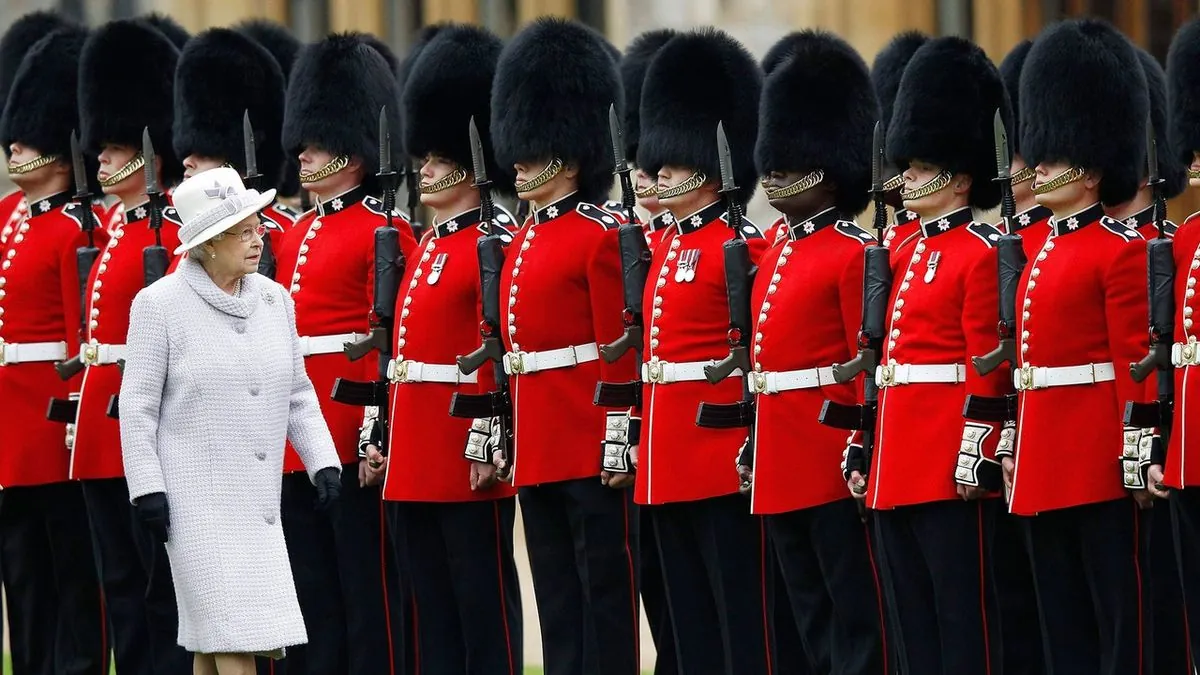The Ministry of Defence (MoD) has reported a significant increase in the cost of ceremonial bearskin caps worn by the King's Guard. These iconic headpieces, a symbol of British military tradition, have seen a 30% price surge in just one year.
According to data obtained through a Freedom of Information request, the price of a single bearskin cap rose from £1,560 in 2022 to £2,040 in 2023. The MoD purchased 24 caps at this increased rate. Officials attribute the price hike to "contractual arrangements" in the supply chain, which sources the caps from Canadian bear hunters.
The rising costs have reignited debates about the use of real fur in military regalia. Animal rights organizations, led by Peta, are advocating for the adoption of faux fur alternatives. Elisa Allen, Peta's vice president of programs, stated, "Peta is calling on the Ministry of Defence to stop wasting taxpayer pounds on caps made from slaughtered wildlife and switch to faux fur today."
The bearskin cap has been an integral part of the British Army's ceremonial uniform since 1815, following the Battle of Waterloo. Each cap stands 18 inches tall, weighs about 1.5 pounds, and requires the entire pelt of one North American black bear to produce. The British Army typically purchases around 100 caps annually, sourced from Canada's annual cull.
While the MoD remains open to exploring alternatives, it maintains that no synthetic option has yet met the rigorous safety and durability standards required for ceremonial events like Trooping the Colour. The caps are designed to be waterproof and can last for decades with proper maintenance.
"Where we are seeing price rises is bringing animal parts through borders, which is why many of us are switching to 3D printing of horns and use of faux fur capes."
The debate extends beyond military use, as evidenced by the Queen's recent commitment to stop purchasing fur garments, following the example set by the late Queen Elizabeth II. This royal stance reflects a growing awareness of ethical concerns surrounding fur use in fashion and ceremonial wear.
As discussions continue, the MoD faces the challenge of balancing tradition with evolving ethical standards and economic considerations. The iconic bearskin caps, while deeply rooted in British military history, may need to adapt to ensure their survival in a changing world.
